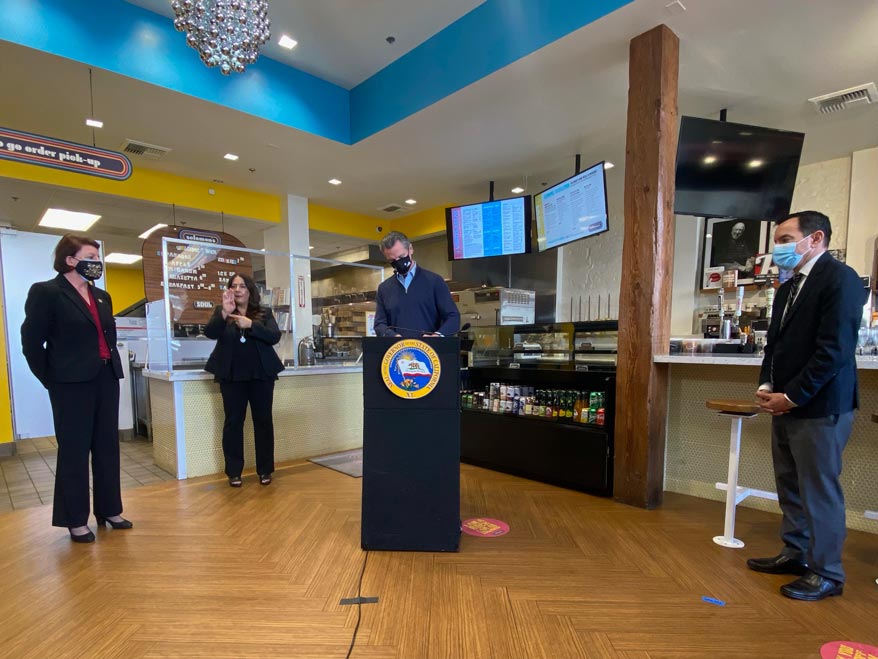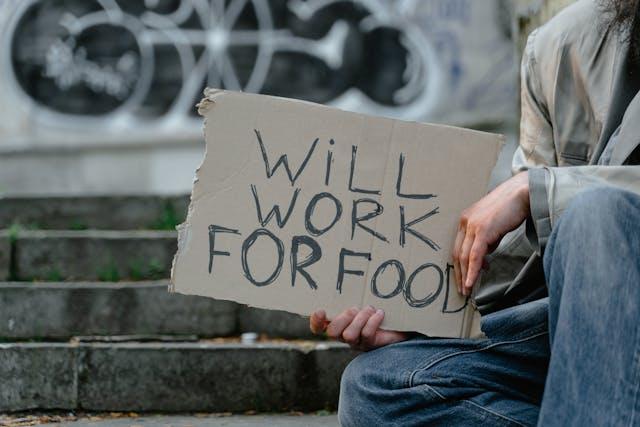
NEARLY a year into the coronavirus pandemic, California Governor Gavin Newsom this week signed a $7.6 billion relief package that will give one-time payments to over 5 million low-income residents and grants for small businesses.
Newsom on Tuesday, February 23 signed several bills that will fast-track relief to Californians, including one that will give $600 one-time payments to an estimated 5.7 million Californians with incomes below $30,000 or those who were excluded from federal stimulus payments.
This comes after the California Legislature approved the payments on Monday, February 22.
Other ways Californians can qualify for the state relief are: if they claimed the state’s Earned Income Tax Credit in 2020; are enrolled in the state’s cash assistance service CalWORKS; receive Supplemental Security Income (SSI)/State Security Payments (SSP); or are enrolled in the state’s Cash Assistance Program for Immigrants.
Additionally, those who use an individual taxpayer ID number to file income taxes and earn less than $75,000 a year after deductions can qualify. ITIN taxpayers who also qualify for the California EITC would receive a total of $1,200.
The package also includes $2 billion in grants to struggling small businesses and fee waivers to businesses, such as restaurants and salons, impacted by the pandemic.
“The backbone of our economy is small business. We recognize the stress, the strain that so many small business have been under,” Newsom said at a bill-signing ceremony at Solomon’s Deli in Sacramento. “And we recognize as well our responsibility to do more and to do better to help support these small businesses through this very difficult and trying time.”
The package also allocates $400 million in federal funds for child care providers. Stipends of $525 per enrolled child for all state-subsidized child care and preschool providers, serving approximately 400,000 children, will be given.
Amid the surge in anti-Asian attacks in the state, $1.4 million will be provided to track and collect data of such incidents and support the efforts of Stop AAPI Hate, an online reporting site.

Other provisions include $24 million for financial assistance and services through Housing for the Harvest, a program providing support for agricultural workers who have to quarantine due to COVID-19. The effort also provides a combined $35 million for food banks and diapers.
Low-income college students can qualify for $100 million in emergency financial aid and $20 million to reengage students who have either left their community college studies because of the pandemic or to engage students at risk of leaving. Another $6 million is also allotted for University of California, California State University and California community college students who are newly eligible for CalFresh, the state-administered federal program for supplemental food assistance.
Another $2 billion in tax relief for small businesses is still under negotiation.
On a national level, Congress is debating a $1.9 trillion COVID-19 relief bill as Americans across the country continue to face the effects of the pandemic.






